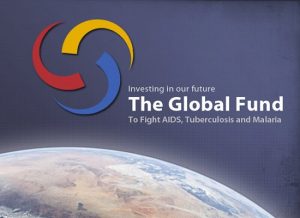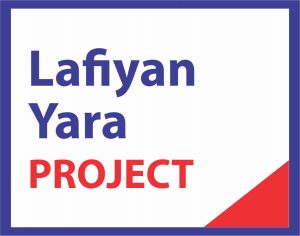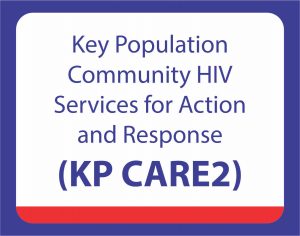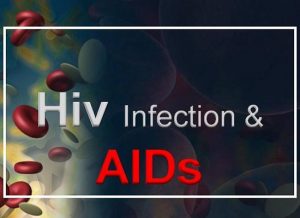SFH as one of the Principal Recipients was responsible for the implementation of HIV Prevention programmes for the General Population, Key Population-Men who have Sex with Men, Female Sex Workers and People who inject drugs and an Action Research among Adolescent and Young Persons. The project was implemented in ten States of Akwa Ibom, Edo, Enugu, Kano, Kaduna, Gombe, Anambra, Imo, Lagos, Oyo and FCT Abuja.
The approach of the NFM was “Investing for Impact against Tuberculosis and HIV” so as to achieve the following outcomes by December 2017:
- To reduce new HIV infections, and improve the quality of life for the infected and affected.
- To provide Nigerians with universal access to high-quality, patient-centred prevention, diagnosis, and treatment services for TB, TB/HIV, and drug-resistant TB by 2020.
- To contribute to the restoration of public confidence in primary health care services in Nigeria, and thereby reverse declines in the utilization of primary health care facilities.
The specific objectives of the NFM grant are to:
- Attain universal coverage for bridge populations with mobile HIV Testing services as part of a package of prevention services.
- Increase availability and access to condom and lubricants to about 1,137,877 general populations over the period of the grant.
- Reach a total of 54,407 KPs with minimum prevention package of interventions (MPPI)
- Unravel factors that increase vulnerability of girls (15-24 years) to HIV and AIDS through an action research.
- Generate, implement and share evidence, innovations and lessons learnt through the action research.
Outcome Indicator: The result of the IBBSS 2014 reveal that the percentage of sex workers reporting the use of condom with their last client increased from 95.1 % in 2010 to 98.6% in 2014.
| Coverage/Output Indicator | Target | Achieved | % |
| Number of women and men aged 15+ who received an HIV test and know their result | 1,137,877 | 1,147,209 | 101 |
| Percentage of MSM reached with HIV prevention programs – defined package of services | 19,476 | 20,627 | 106 |
| Percentage of MSM that have received an HIV test during the reporting period and know their results | 15,581 | 15,648 | 100 |
| Percentage of sex workers reached with HIV prevention programs – defined package of services | 18,350 | 19,858 | 108 |
| Percentage of sex workers that have received an HIV test during the reporting period and know their results | 14,680 | 16,151 | 110 |
| Percentage of PWID reached with HIV prevention programs – defined package of services | 16,570 | 17,977 | 108 |
| Percentage of PWID that have received an HIV test during the reporting period and know their results | 13,256 | 14,652 | 111 |
Despite the achievements and new learnings, there were challenges in the implementation of the grant which included:
- Gaps in the cascade of Care.
- High number of positives who were retested especially among the key population due to:
- Drive to meet target by the CSOs.
- Stigmatization.
- Non-disclosure of HIV positive status to Counsellor testers.
- Erroneous belief in cure due to long placement on anti-retroviral.
In the course of implementation of the grant, there were new learnings of which some of them are:
- Accompanied referrals and engaging the Facility Health care workers in community outreaches improved linkages to care and increased uptake of integrated HIV services.
- Active participation of KPs also referred to as community members in programme implementation through their Community-Based Organisations (CBOs) increased service uptake especially among the MSM community.
- The use of Peer tracking card to a large extent minimised the issues with double counting and duplication of services among highly mobile KPs.
- Substantial improvement of the capacities of the KP-led CBOs through deliberate and genuine capacity building efforts promotes programme participation, ownership and sustainability.
- Ensuring commodity availability at the onset of programme implementation is sine-qua-non to continuous service provision and overall grant performance.
- Meaningful engagement with State Actors during the Adolescent girls and young women (AGYW)action research promotes ownership and sustainability at the national and state levels.
- The development of a customised financial manual for CSOs enhanced accountability and minimised fiduciary issues at the community level.





